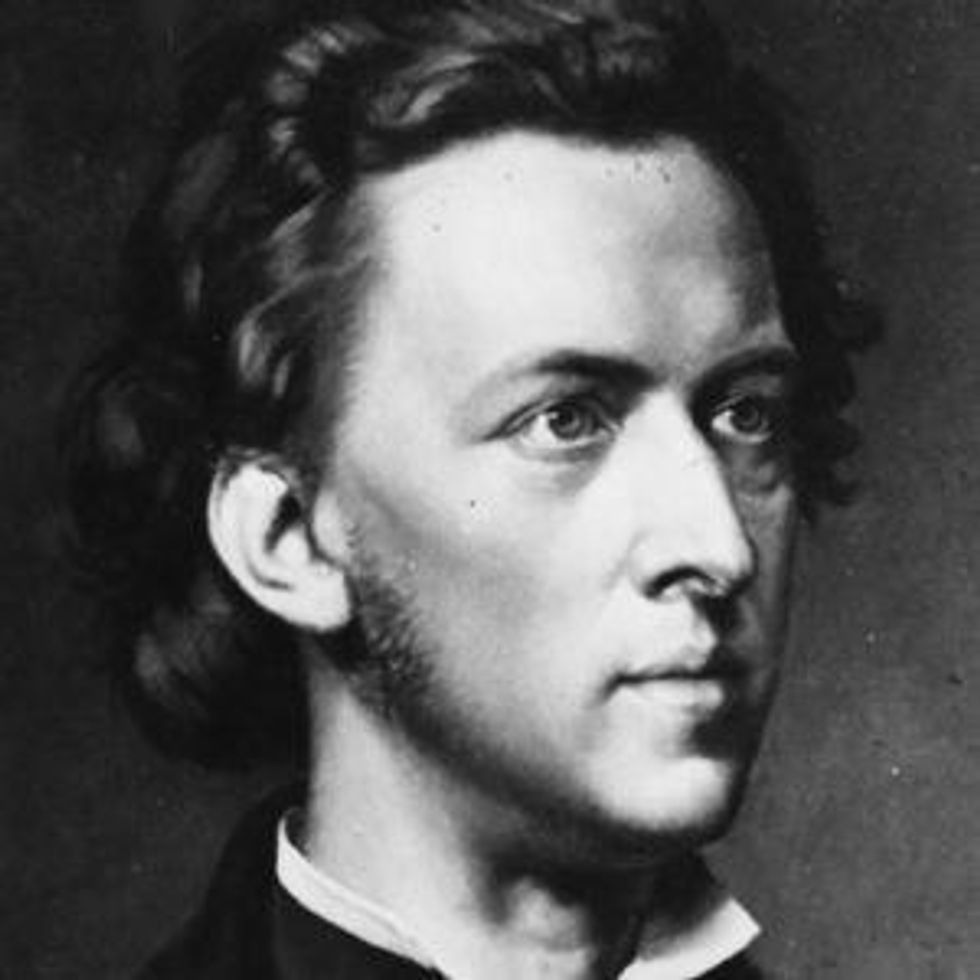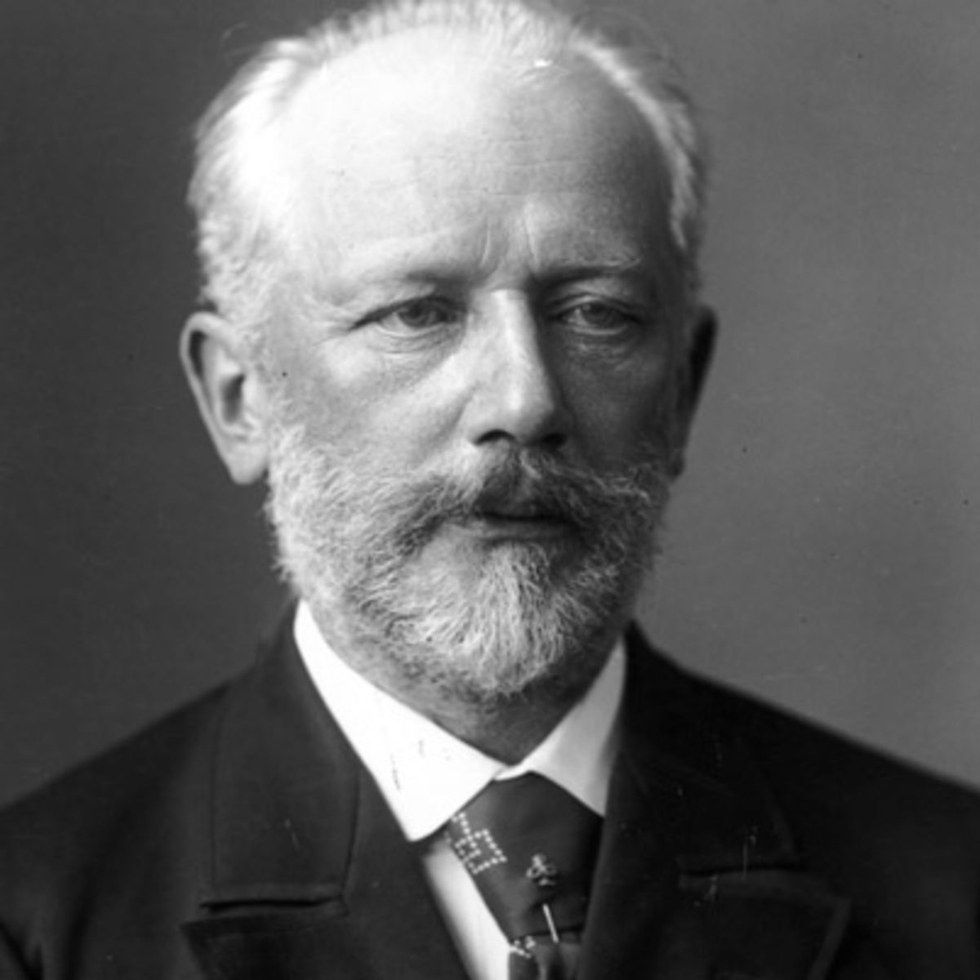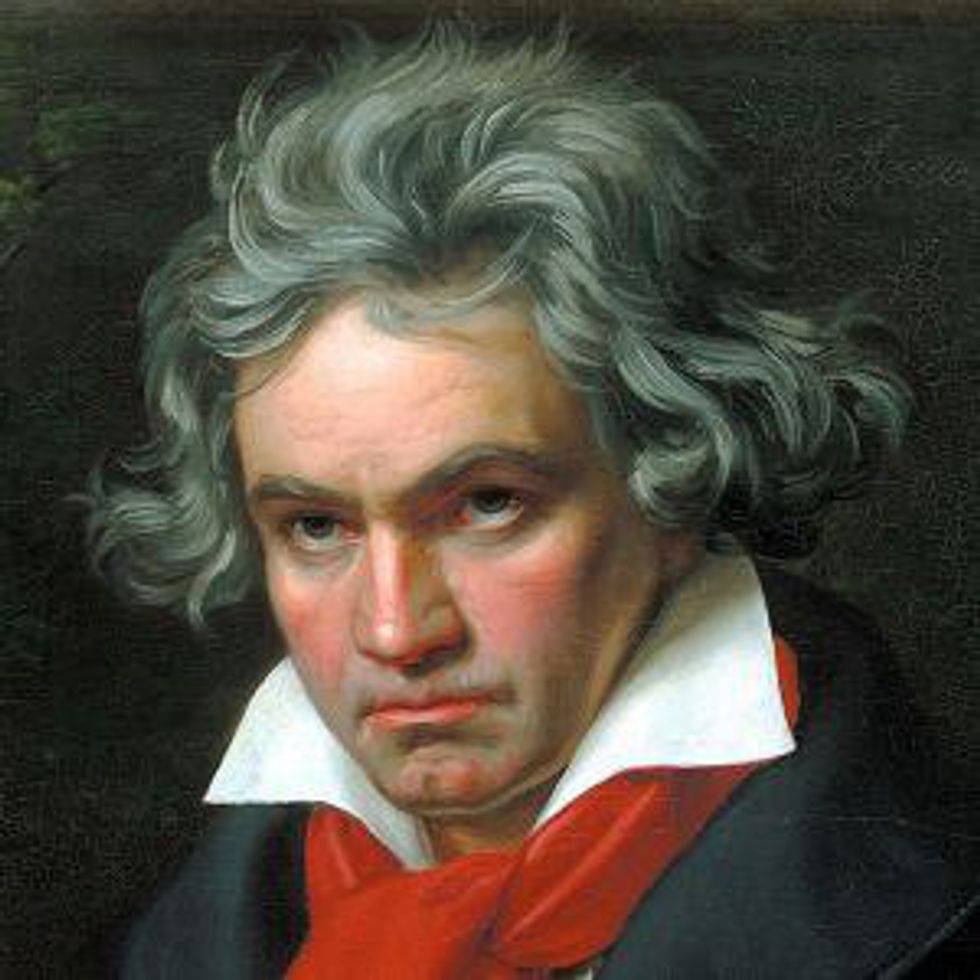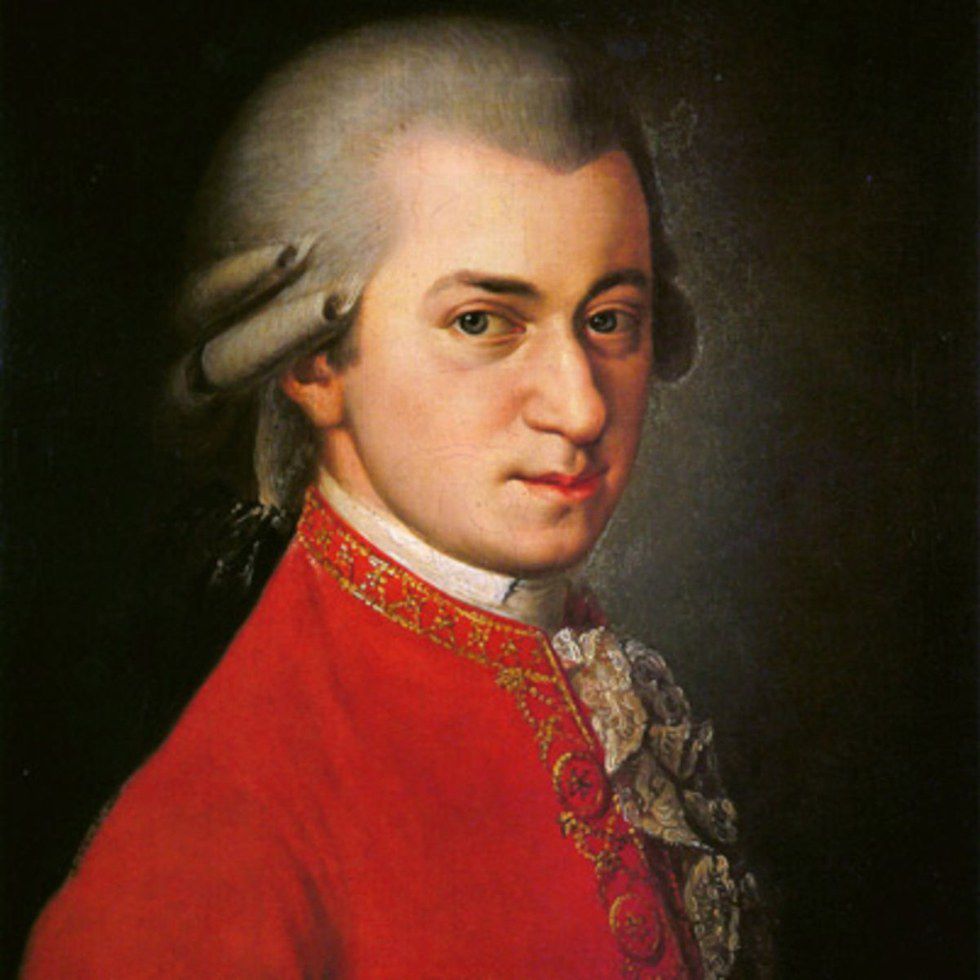Many aspects of the future draw from the best aspects of the past. You can see this with science and math, where discoveries in fields shape the future of the fields. You can also see this with art, with Starry Night and the Mona Lisa being one with art even hundreds of years after their creation. In literature, stories like that of Frankenstein seem to float around today despite being pieces of the past. What I’m trying to say here is that great creations are timeless, and you can judge a piece’s greatness—I’d say—by how timeless it is.
My personal favorite, Frédéric Chopin (more information here)
The great thing about classical music is that it is absolutely timeless. The great classical musicians and composers crafted music that lasted throughout multiple generations and eras, including rock and roll, hip hop, etc. Despite countless Christmas and winter songs that have come out in the last century, the wondrous sounds of Tchaikovsky are what define it (at least from my childhood).
Pyotr Ilyich Tchaikovsky (more information here)
It’s not just Tchaikovsky, however. Seemingly ancient songs like ‘Twinkle, Twinkle Little Star’ have roots with classical music. Beethoven’s ‘Für Elise’ and ‘Moonlight Sonata’ are brilliant examples of time-tested masterpieces which are still played today. Everyone also knows, of course, of Beethoven’s 5th symphony.
Ludwig van Beethoven (more information here)
Music exists as art, and I really appreciate how classical music expresses emotion. The sound is natural and ranges widely between loud and quiet and fast and slow and sharp and soft. As a result of this the music feels to transcend artificiality and exist as not only a production of life but a part of life and nature. As a result of this, classical music, to me, holds an element of truth and power within it.
Wolfgang Amadeus Mozart (more information here)
I appreciate most forms of musical artistic expression, but classical music has to be one of my favorites. It feels natural and deep and is time-tested and aged. It remains—still today—a large part of our lives, and one which I’d say relatively few people actually realize. Thanks for reading.






















